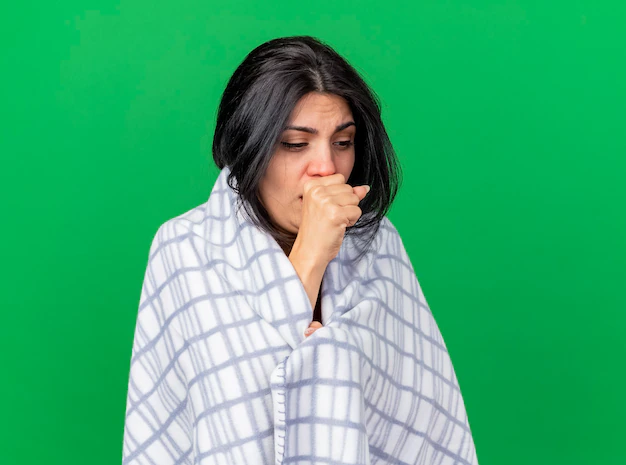Overview of Influenza

Influenza, commonly known as the flu, is a contagious respiratory illness caused by influenza viruses. It can cause mild to severe illness, and in some cases, can lead to hospitalization or death. The flu is a seasonal illness that typically occurs during the fall and winter months.
Symptoms of the flu typically develop one to four days after exposure to the virus and can include:
- Fever or chills
- Cough
- Sore throat
- Runny or stuffy nose
- Muscle or body aches
- Headaches
- Fatigue
- Vomiting and diarrhea (more common in children than adults)
The flu is spread through respiratory droplets when an infected person talks, coughs, or sneezes. It can also be spread by touching a surface contaminated with the virus and then touching one’s mouth, nose, or eyes.
Most people with the flu recover within a few days to two weeks without medical treatment. However, some people, particularly those with underlying health conditions, may develop complications such as pneumonia, bronchitis, sinus infections, or ear infections. In rare cases, the flu can lead to hospitalization or death.
The most effective way to prevent the flu is by getting an annual flu vaccine. The flu vaccine is recommended for everyone six months and older, particularly those at high risk of complications, such as young children, pregnant women, older adults, and people with certain chronic health conditions. Other preventive measures include good respiratory hygiene, such as washing hands frequently, avoiding close contact with sick people, and covering the mouth and nose when coughing or sneezing.
If you develop symptoms of the flu, it is important to stay home, rest, and avoid contact with others to prevent the spread of the virus. Over-the-counter medications can help relieve symptoms, but antiviral medication may be prescribed for people at high risk of complications or those with severe illness.
In conclusion, the flu is a contagious respiratory illness caused by influenza viruses. Symptoms can range from mild to severe and can lead to complications, particularly in those with underlying health conditions. The best way to prevent the flu is by getting an annual flu vaccine and practicing good respiratory hygiene. If you develop symptoms of the flu, it is important to stay home and rest, and seek medical attention if symptoms are severe or if you are at high risk of complications.
